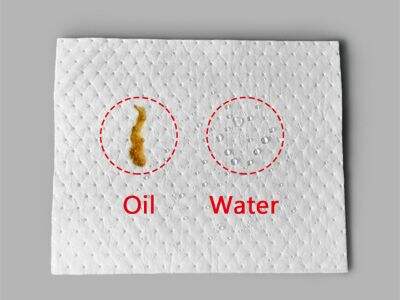Whether we are using oil to drive our cars or keep warm at home, the reality is that it is something that touches all of us on a daily basis. There is, however, a set of standards companies need to adhere to when it comes to exporting oil for the process of safety and sustainability in oil export, and this would be regarded as standard complying with while exporting oil.
The rules that regulate how much oil countries can export in the EU and the Middle East
Both the EU and Middle East have very strong regulations regarding this when it comes to oil export. The intention is to protect the environment, secure safe working conditions for employees and seek sustainable operations within the oil industry. Based on this, the system for exporting oil is under extensive regulation in these regions and certain standards maybe applied to ensure a company meets those standards.
Compliance with EU & Middle Eastern Export Regulations
Both the EU and Middle East have strict oil export quality control but with a few nuances. For oil spill containment boom interested in exporting their supply, this means careful review and a firm understanding of the regulations applicable to any given region and making certain that your operations are fully compliant with all mandates where they apply. To avoid common errors made during compliance checks, it is worth spending a little time getting to grips with what these standards are and what they require from our own supply chain for oil exports.
The EU and Middle Eastern markets
Companies need to account for a number of factors in order to make sure their oil spill kits operations are successful and sustainable. Some factors are environmental impact assessments, safety regulations, and community engagement tactics Because by taking note of these fundamental elements, you minimize the risk, impact the smallest amount possible on our environment and develop positive relationships with your local communities.
The Role Of Rregulations In Sidelines of Barrier Tips
Regulatory compliance is key to the development of sustainable oil spill containment booms activities between the EU and Middle Eastern countries. Regulations establish the necessary framework, processes and protocols for a company to engage in oil export activities in way that is socially responsible and safe. Businesses that adhere to such necessary regulations stand to enjoy not just immunity from litigation, but also the sense of sustainability and corporate responsibility.
Using EU and Middle East specifications for oil export
Compliance to EU and Middle East export standards take effort, but getting these tucked away are a huge step in the right direction. Standards-compliant companies benefit from improved reputation, reduced risk of sanctions or fines and penetrating new markets that give priority to maintainable practices. Companies which export oil to EU and Middle East standards are able to adopt the mantle of industry leaders; striving towards a greener, more sustainable future.
To sum up, the EU and Middle East requirements and restrictions for oil exportation must be precisely met. Companies must adopt these principles as the responsible way to export oil for the protection of our environment, worker safety and affected local communities.

































